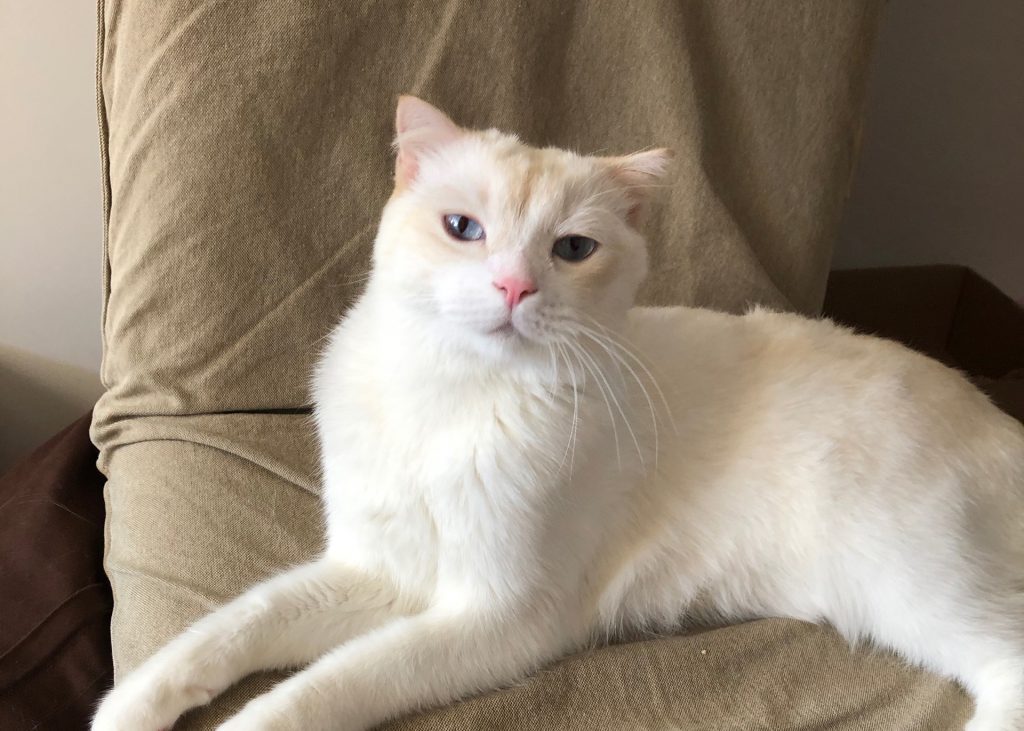Share Article:
In Part 1, we talked about physical challenges of geriatric pets. In Part 2, we will discuss how to face the cognitive aspect of ageing
Cognitive and sensory decline
Just like us humans, age-related changes to the brain are unavoidable. Their senses may start to lose their abilities, and may be unable to see and hear as well as before. Understandably pets would experience fear and frustration like we do when they are unable to process certain stimuli like they used to. It is not unusual to hear them cry at unexpected times, or fail to toilet at their usual spots. Here are some tips to keep them mentally alert and comfotable:
- Keep furniture in their original position as much as possible. The elderly are not so quick to adapt to changes in their environment, so major changes might disorient them
- White noise or soothing background music to be kept on especially when they are alone at home
- Approach them slowly and gently
- Give them regular pats and massages. As they might be moving around less, stimulating their muscles by massage is one way to improve their circulation
- Easy training exercises to keep them learning. They might not be able to run and fetch so easily, but you can tailor games to their abilities such as target training, guess-which-hand etc. Old dogs (and cats) can learn new tricks!
- Provide enrichment activities such as food dispensing toys and chew toys such as Kong toys
- Keep them involved in family activities
- Give them a worn piece of clothing to snuggle up to, especially when there is no one at home. Choose clothing from the person they are most comfortable with
- They may not be able to taste food as well as before. Stale food may not be very appetising so serve them fresh as much as possible. You may like to warm up food before serving. You may also use various toppings or broth to make their meals more attractive. Do take note that some food items are toxic to animals
Most importantly for our furry friends when they age is not to let them just rest all the time, but to keep them active and alert mentally and physically at the level that they are comfortable with. Observation and a bit of creativity are what will give your geriatric pet a great quality of life long into their old age! Have fun!
- Acupuncture, Cats, Dogs, Geriatric, Hydrotherapy, Pets, TCM
You might be interested

